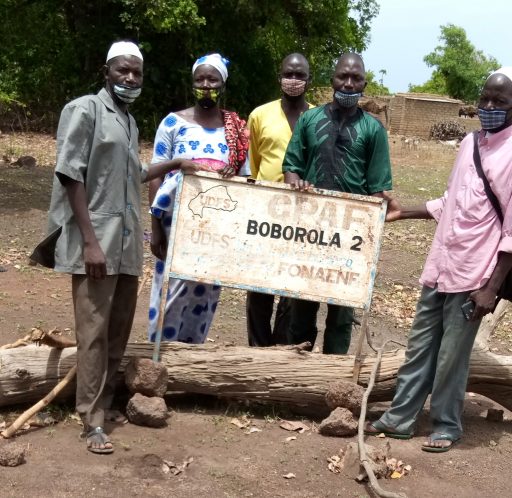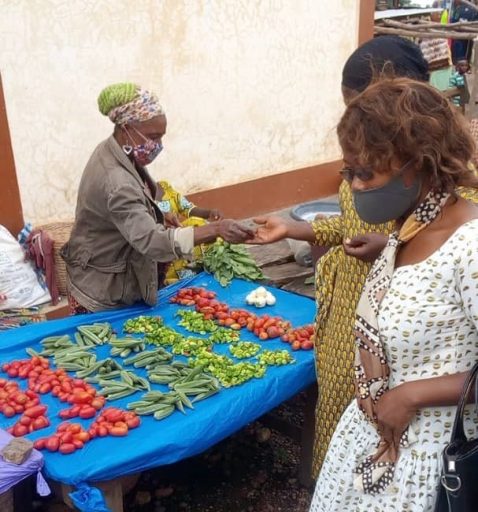Josué SOSSOU
COVID-19 has led to a health crisis with a tremendous impact on all components of education. According to UNESCO, school closures affect more than 90% of the world’s student population. Statistics on the impact of COVID-19 on education focus solely on the education of children and youth not considering adult education, which is also being interrupted. SDG-4 aims to ensure equal access to quality education for all and to promote lifelong learning opportunities, but the COVID-19 crisis confirms once again that adult education is not a priority for most countries.

Effects of COVID-19 on Adult Education in West Africa
Traditionally, adult education has not been well funded. The closure of adult learning centers has negatively impacted the small gains obtained for adult education over the years through the formal system. The inter-generational learning that took place when parents and their children discussed homework in the evenings is no longer as there is no new learning content for both children and adults. The lock-down has led to the slowdown of economic activities and the exacerbation of poverty in developing countries where education levels are already exceptionally low. As a result, adults who were engaged in education programs enjoying their right to education have been forced to stop their studies. This is likely to lead to the return of illiteracy as all adults who suspended their learning will not return to the education centers because they will have to prioritize their economic activities at the end of the lock-down. With the start of the rainy season in April 2019, most adults will give priority to work in the fields to the detriment of their learning. The funding of adult education centers is suspended in most countries and consequently salaries of the facilitators of the centers have not been paid.

Initiatives to promote adult learning during COVID-19
Unlike the formal education sector where distance learning[1] using radio and television is being introduced, the non-formal education sub-sector is ignored by education planners. However, there are some initiatives taken by CSOs and TFPs. In Togo, for example, the facilitators of adult education centers are involved in a door-to-door awareness campaign on COVID-19 in national languages. In Benin, Pamoja Benin designed posters on hygiene measures and social distancing behavior in four national languages. In Guinea, a picture kit was designed to raise awareness on infection, the symptoms of the disease and important hygiene measures. In The Gambia, a food bank was set up to assist the population who lives in poverty.
Lessons learned from COVID-19 and the way forward
The world will not be the same after the COVID-19 pandemic. From now on we will have to involve radio stations and television channels more actively in adult education and training through programs designed in collaboration with adult education specialists.
The scaling up of ICT-based learning in adult education centers is crucial to avoid the interruption of learning in times of crisis. In addition, literacy approaches such as family and inter-generational literacy should be promoted as they enable the continuity of learning in a conducive and safe environment.
In order to ensure that no one is left behind, there is an urgent need for setting up initiatives at national, regional and international levels for the continuity of adult learning, as adult education is the key to prosperity and sustainable peace.
[1] https://fr.unesco.org/covid19/educationresponse/nationalresponses
This column, also published on the website of the Global Campaign for Education, can be viewed at the following link: https://www.campaignforeducation.org/en/2020/05/04/covid-19-and-adult-education/

